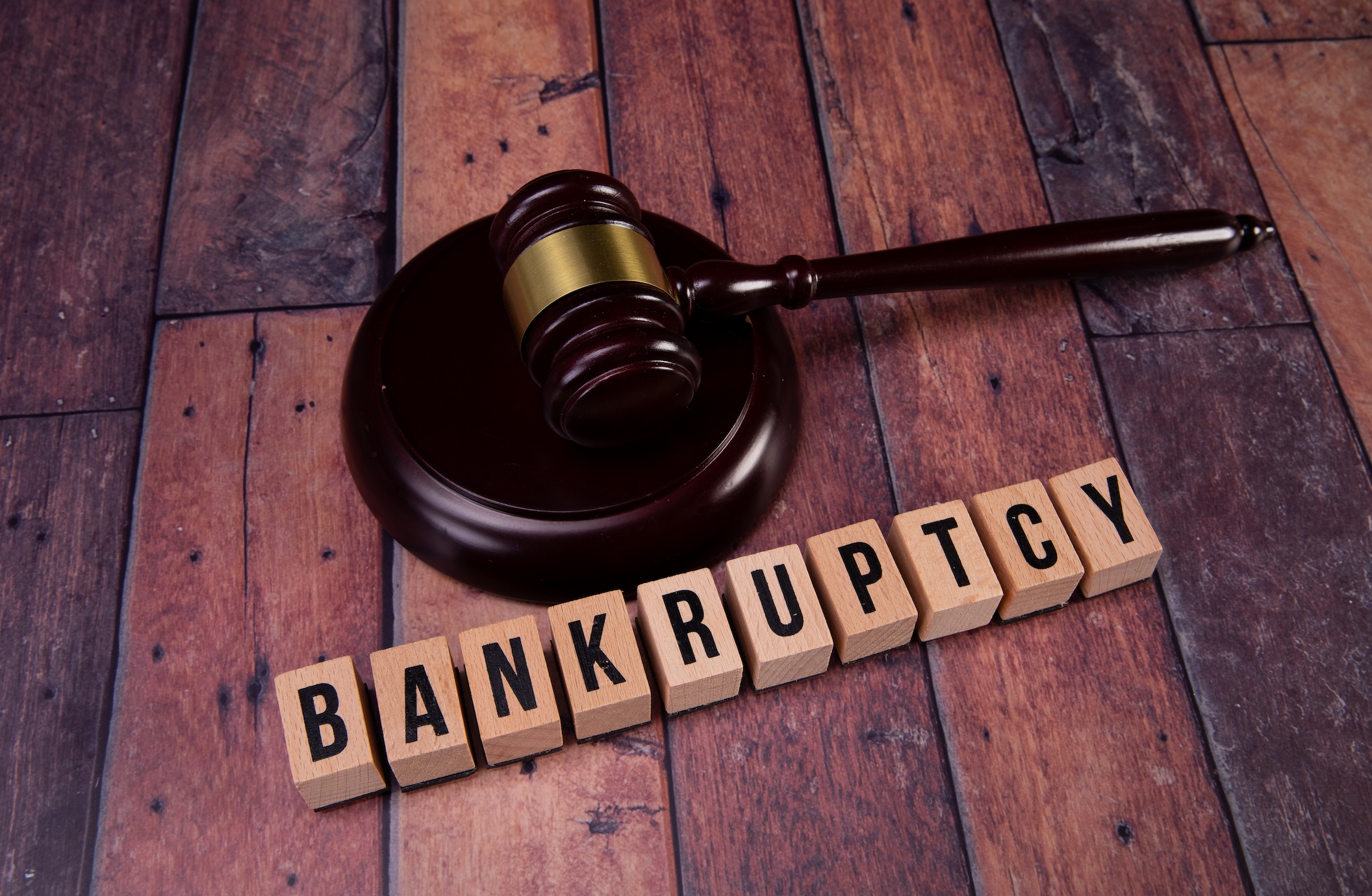If even bankruptcy lawyers can’t be trusted to handle their finances, how can you trust them to handle your case? To start, you can look into the firm’s history.
A Philadelphia bankruptcy firm filed for bankruptcy in August 2023, illustrating that just about anyone can find themselves in debt, including people who spend their professional lives helping others get out of it.
When bankruptcy lawyers file for bankruptcy, they hire other lawyers to represent them. Even if you know the law, having someone else handle your case is a good idea. Besides, bankruptcy is a lengthy and complex process, and even lawyers who are debtors themselves might have their own clients they need to cater to.
That said, it’s worth considering what your bankruptcy lawyer would do if they were in your situation as a debtor. Would they spend more time on the case? Would they use more resources? Because the outcome of your bankruptcy case could decide your future financial security, it’s important to go with a legal team you feel comfortable with and trust.
Isn’t it Ironic? Bankruptcy Lawyers File for Bankruptcy in Philadelphia
Sacks Weston, LLC filed for Chapter 11 bankruptcy in the summer of 2023, revealing the firm’s staggering debt to some 50 creditors. The case is still in progress, with one of the biggest issues being Sacks Weston’s more than $14 million debt to Virage SPV 1, LLC, a litigation funder located in Texas.
But how does something like this happen, especially to a company filled with lawyers who know what happens when you take out loans you can’t repay? Just as any business could find itself in a difficult financial situation, so could a bankruptcy firm.
In fact, much of Sacks Weston’s debt aligns with the type of debt consumers often struggle with. For example, the firm cited an outstanding credit line from PNC Bank and outstanding rent payments to the office building owner in its bankruptcy petition.
This just goes to show that people are fallible. Even skilled and learned bankruptcy lawyers might mess up their personal and professional finances, but that doesn’t mean they don’t know the law or what to do when they’re drowning in debt.
Why Do Bankruptcy Lawyers Hire Other Bankruptcy Lawyers?
When bankruptcy lawyers become debtors, they rarely represent themselves. They have clients of their own to help, which is why they might hire additional lawyers to represent them in their bankruptcy cases.
If a bankruptcy lawyer is a debtor in a bankruptcy case, they might have a leg up. While they will be familiar with the necessary filings and steps to take, they won’t do these things themselves. Instead, they’ll likely hire counsel to handle the case, just as Sacks Weston did when it filed Chapter 11 bankruptcy in Philadelphia.
While they may be knowledgeable about a matter, lawyers typically hire other lawyers to represent them, just as the average person would when filing for bankruptcy. Getting bogged down with their own bankruptcy case might otherwise disrupt their professional lives.
WWMBLD: What Would My Bankruptcy Lawyer Do?
If you’re going through a bankruptcy case right now, at any point, have you looked at your attorney and wondered if they’re giving it their all? Is there more they could be doing? What if they were the debtor? Would they be working harder? If you’ve asked yourself any of these questions, there are a few signs you can look for to get the answers you need.

For example, there are some things you shouldn’t do immediately prior to filing for bankruptcy, like transferring property or paying only certain creditors. Did your bankruptcy lawyer warn you not to do those things, or did they not mention them?
Generally, consumers file Chapter 7 or Chapter 13 bankruptcy cases after taking a means test, which assesses a debtor’s income against the statewide average income for households of a similar size. Even if the means test places you in the Chapter 7 box for liquidation bankruptcy, you might be able to opt for Chapter 13 and settle debts with creditors through a repayment plan. Like with anything, there are pros and cons to doing this, but your Philadelphia bankruptcy lawyer should explain them in detail.
Your lawyer should also explain the basics of bankruptcy, like which debts are dischargeable and which aren’t. Bankruptcy erases dischargeable debts, like credit card debt, meaning you might not have to repay them.
If your lawyer were under bankruptcy, they’d probably want to negotiate with creditors to lower their outstanding debt. For example, if you have outstanding mortgage payments that put you at risk of foreclosure, your lawyer should negotiate with your mortgage lender. During negotiations, you might be able to restructure your mortgage agreement so that it’s easier for you to make future payments.
If your bankruptcy lawyer isn’t willing to do that on your behalf, they might not be fighting as hard as they could.
How Can You Trust a Bankruptcy Lawyer to Handle Your Case?
Financial matters are very personal, and you don’t want just anyone to know your deepest, darkest financial secrets. If even bankruptcy lawyers can’t be trusted to handle their finances, how can you trust them to handle your case?
To start, you can look into the firm’s history. A quick online search can tell you a lot about a company’s past and success. You can also sit down with a firm’s lawyers during a consultation. During this time, don’t be afraid to ask questions.
At the end of the day, your bankruptcy lawyer is doing a job when they take on your case. Finding a lawyer with a high success rate that you feel is committed to your case is a win in and of itself.


Join the conversation!